

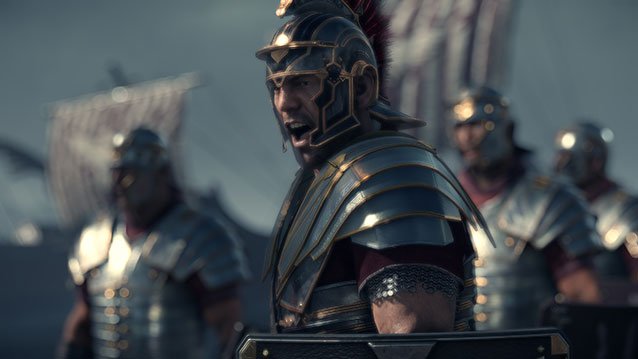
Crytek's Xbox One Ryse: Son of Rome was met with a lukewarm reception during its gameplay reveal back in June, despite being a visually stunning presentation. The over abundance of quick-time events gave too many reminders that it was once a Kinect exclusive: simplistic, easy and on rails. Thankfully, this hack and slasher fares much better than its earlier showings. It's a decent action adventure, though ultimately a forgettable one, as well.
Ryse's story follows Marius Titus, a young soldier of the empire eager to follow in his father's footsteps. But when his family is murdered by barbarians, Marius joins with the 14th Legion to seek out vengeance and put down the rebellion taking shape beyond Hadrian's Wall in Britain. His bloody path later uncovers treachery, conspiracy and puts him in the midst of a greater conflict born within the heart of Rome itself.
That sounds like a befitting formula for an ancient Roman epic. Unfortunately, the execution is short, trite and predictable. I'd be surprised if anyone couldn't guess its outcome within the first 30 minutes. Additionally, the comic book liberties Crytek takes with historical events and figures, such as Nero and the Iceni queen Boudica, are rather silly when framed against the far more interesting actual past. It's not helped by the nonsensical mystical elements injected into the plot. Marius' journey would have been better served without them. The game's story does provide for some exciting set pieces, however, even if they feel borrowed from Call of Duty and Ridley Scott's Gladiator.

What isn't a surprise is how good Ryse looks. It's currently one of the best technical showpieces for the next-generation hardware. Characters are intricately detailed, coming alive thanks to strong full motion capture performances from their theatrically trained actors and actresses. Levels are also suitably dense. If there's one thing Crytek knows how to do, it's how to make rich forests and vegetation. It was hard not to stop every few feet to take it all in, from streams to the glean of Marius' lorica segmentata armor. A fine layer of grain is added on top of it all to give an appreciative cinematic quality. I only wish they had paid as much attention to its gameplay mechanics as they did its graphical engine.
To be fair to Ryse, its combat isn't unsatisfying. There's a good template here. Marius is almost always surrounded by multiple foes, and how you manage those encounters with quick deflections and attacks is not dissimilar to the Batman: Arkham series. It does a great job of making you feel like a badass when its pieces come together, as you dodge, throw pilums (javelins), bash foes with your shield to stun them or break through their blocks, and wear them down enough to initiate some really well animated, brutal executions.
Furthermore, there are a few tactical decisions to be made during each battle. Four perks can be selected on the fly that grant extra health, damage, experience or focus. Every hit builds up a combo counter, and although it's impossible to fail the quick time event executions, being timely with those prompts will increase that counter faster. The larger that number is, the greater the reward will be from your selected perk when you finish an execution or end the fight. For example, dispatching the cannon fodder first to gain a damage bonus made battling a larger, stronger enemy easier. And if you've built up enough focus, you can activate an ability that slows time for a short moments.
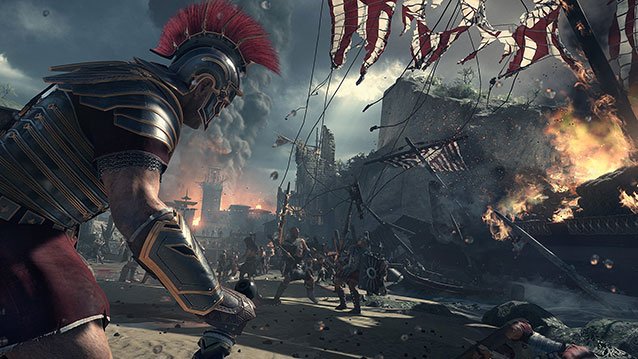
Do well and you'll also gain a greater amount of valor points. These are spent on upgrading your perks and other passive buffs. That's a process for progression I generally like in video games, but not when I'm repeatedly asked if I want to spend real money to acquire those upgrades faster. It's fairly egregious here considering that by the end of its five hour campaign, you'll have nearly maxed Marius' abilities through normal means.
Ryse's greatest faults come from sheer repetition, however. You only face a few enemy types throughout the whole of the game, all of which have very limited move sets. Crytek didn't even bother to give them several different skins or models. You'll be killing the same overweight, bearded guy who carries a shield and using the same strategy to do it again and again. With nothing to occasionally stir the pot, it gets old quickly. This is especially true for the one-on-one boss fights, as they too employ a limited number of attacks. They're less a challenge when you realize you can spam your focus ability on them, as well, stunning them briefly while you unleash a torrent of unblockable strikes.
As good as the levels look, the areas you actually fight through suffer in accompanying repetition. There's little visual variety involved in the arenas and paths you're corralled through. That isn't always true, but it happens enough to make some chapters a blur. Crytek even reuses large sections of the first level at the very end of the game. Despite being only five hours long, there are sequences of protracted padding, too.
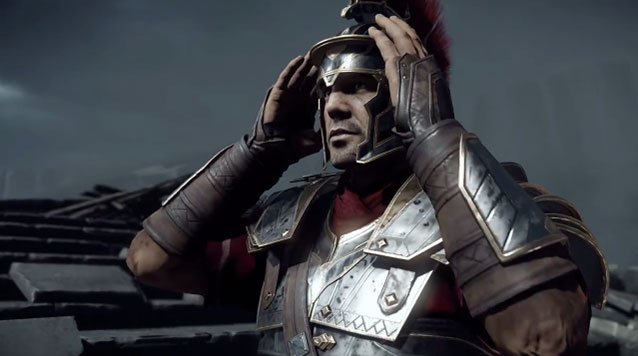
If you grow tired of the campaign, Ryse ships with a co-operative, gladiatorial mode for up to two players over Xbox Live. There are about a dozen arenas, and their layouts will change as you complete objectives. (Fun fact: the Colosseum in Rome was capable of doing this, though perhaps not as grand a fashion as depicted in the game.) As you complete matches, you'll gain experience points and gold that you can spend on booster packs for items. This is similar to how Mass Effect 3's multiplayer works. If you can't find a match, something that wasn't too uncommon in my experience, you can play this mode alone.
Fighting with another person to complete varying objectives is fun, but like the single-player it loses steam to repetition. The order of objectives and changing layouts never differs, making every arena predictable. They stop being exciting when you know exactly how they're going to play out. They're also easy in addition to unexciting depending on your choice of deity. Deities are essentially the perks from the single-player, and as Apollo grants health upon an execution, you become immortal both players choose him. If there were other difficulty options, I couldn't find them.
Not surprisingly, you can use real money to buy booster packs. Unlike valor points, gold does not flow steadily. Add the above repetition with a resource grind and you have an unappetizing recipe. I was ready to be done after only an hour. It's still enjoyable with a friend in limited bursts, but it's not something I can see myself dedicating serious time to.
Ryse: Son of Rome is a bloody, gorgeous adventure. It's a shame then that there's so much squandered potential. Its short length and the lack of variety bury what good the game has to offer. I wouldn't be averse to a sequel if they can flesh out the experience and tell a purely human story, but as Ryse stands it's hard to recommend at full price.
6.5/10
A copy of the game was provided by the publisher for the purpose of this review.
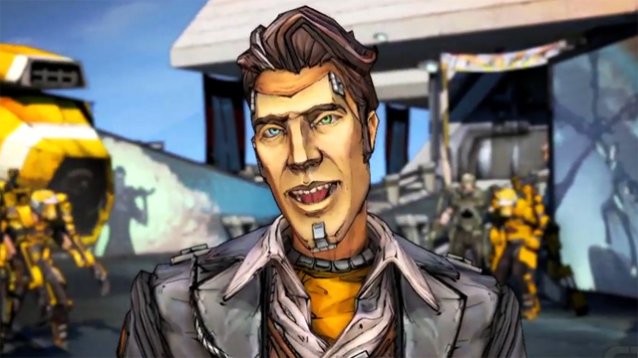

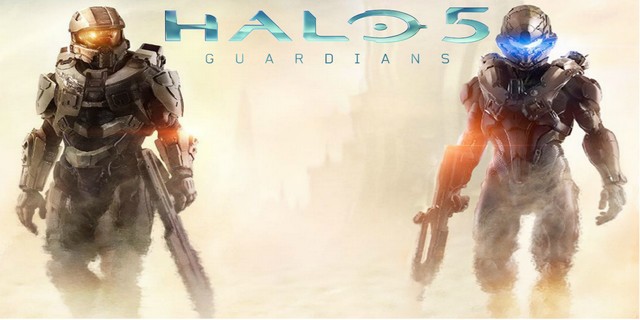
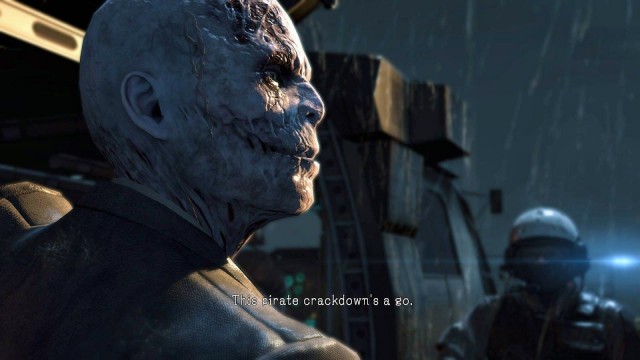
 5 Sites With Tips and Tools for Creating Presentations
5 Sites With Tips and Tools for Creating Presentations The Ultimate Guide to Buying Used Devices
The Ultimate Guide to Buying Used Devices Tomb Raider: Collectible Challenges Guide
Tomb Raider: Collectible Challenges Guide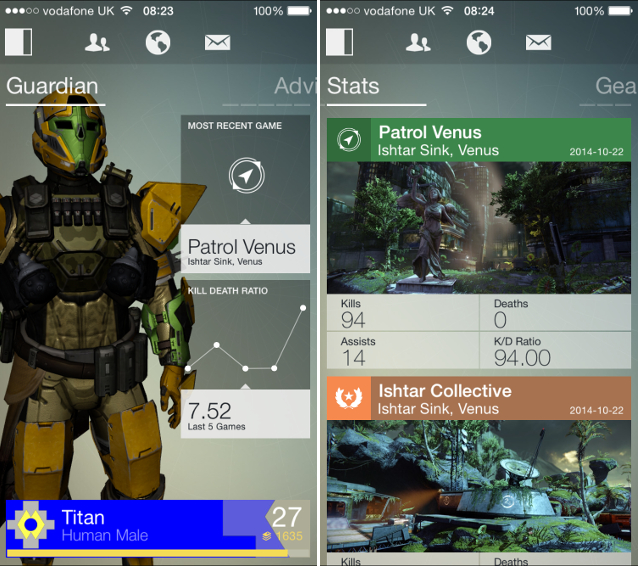 3 Sites (and One App) to Complete Your Destiny Experience
3 Sites (and One App) to Complete Your Destiny Experience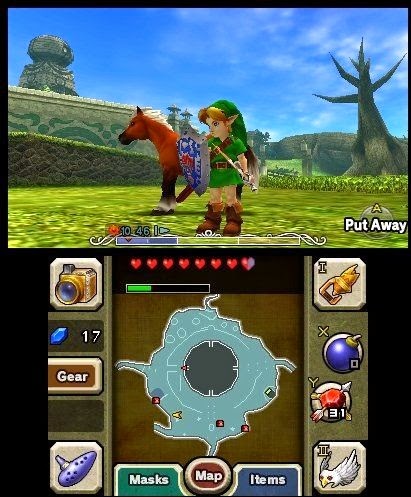 Legend of Zelda Majoras Mask 3D walkthrough with video guide
Legend of Zelda Majoras Mask 3D walkthrough with video guide